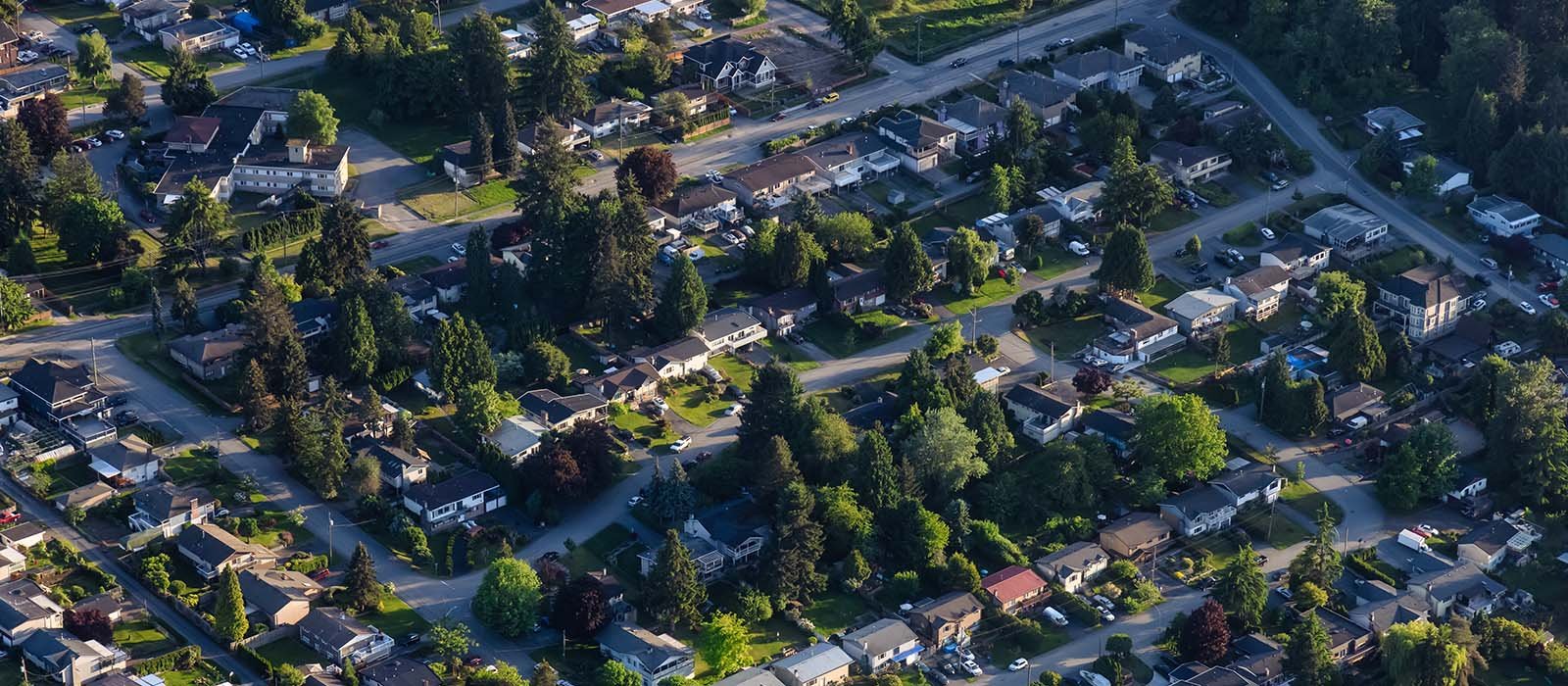VACANCY CONTROL NOW
British Columbians are suffering from a worsening housing affordability and eviction crisis. Join us in demanding real rent control for BC.
What is vacancy control?
Vacancy control is a form of rent control that limits how much a landlord can increase the rent when one tenant moves out and another moves in. Currently in British Columbia, rent increases are only regulated within existing tenancies. This provides BC landlords with significant financial incentive to evict their tenants and contributes to the extremely high cost of rent. Vacancy control would help end evictions for profit, increase housing stability for tenants, and preserve affordable housing stock in BC.
Thanks to lobbying from the development industry, mainstream discourse about rent control is plagued with myths and misinformation. Below are some of the most common questions we hear about vacancy control…
Won’t stronger rent controls lead to a decrease in housing supply?
This is perhaps the most common rent control myth proliferated by the development industry, but housing is not a commodity like any other – thinking about the housing market from a simple supply-and-demand framework just doesn’t work. Research finds no correlation between the presence of vacancy control and the rate of new rental construction. Other factors like taxation policies, interest rates, and the profitability of other forms of investment are far more influential to investors’ decisions to fund rental housing.
Won’t vacancy control make landlords stop maintaining their buildings?
This assumes that landlords are motivated to actively improve the quality of housing they provide in order to maximize profits. Unfortunately, even without vacancy control, most renters (67%) report their basic maintenance needs are not being met. Again, research fails to find a correlation between rent control and building maintenance. If anything, we see the opposite: institutional landlords are most likely to engage in profit-seeking behaviours that erode housing conditions, and tenants in rent-controlled units are more likely to be proactive when it comes to maintenance [source].
What about small “mom and pop” landlords?
Statistical research shows us that landlords who rent out a portion of their only-owned property make up only a small fraction of our rental housing market. Vacancy control is not a silver bullet, but could be paired with government initiatives to ensure these landlords can stay afloat. But, not only is more of our housing being bought up by corporations, many individual landlords own several residential investment properties and making large amounts of profit. Research suggests that the profitability of our housing market is already high enough that, even with the introduction of vacancy control, major divestment from the rental market is very unlikely.

Get involved
Help us reach
our goal! We’re
halfway there!
Add your voice
Sign our petition to automatically email your MLA in support of vacancy control!
Learn more
Follow us on social media to learn more about the fight for rent control and housing justice in BC
Spread the word
Share this link and our content with your friends, or increase your reach by postering!
RESOURCES & RESEARCH
BCGEU 2023 report argues that vacancy control is an effective and necessary policy tool for addressing the housing crisis in BC. Discusses common myths and key research findings
First United, BC’s Eviction Crisis: Evidence, Impacts, and Solutions for Justice report recommends vacancy control as a method for preventing rent gouging and no-fault evictions
UBC report: Understanding BC's disproportionate no-fault eviction rate finds 85% of BC evictions were of no fault to tenants
Canadian Mortgage and Housing Corporation (CMHC) Rental Market Report, 2023 edition: an in-depth analysis of Canadian rental markets
UBC study of BC's rent control laws finds no significant correlation between rent control policy and investment in rental housing
2021 City of Vancouver Report finds vacancy control had no noticeable impact on dis-investment/deterioration of the rental market
VC IN THE NEWS
The Tyee: First United Calls on Government to Stabilize Rent
CTV News Vancouver Island: BCGEU joins the call for the province to implement vacancy control in B.C
CBC News: Residents and advocates rally, pack court for Vancouver’s appeal of struck-down SRO housing rules
The Capital Daily: Greater Victoria rental prices make biggest leap since 1991: CMHC report
Global News: Could ‘vacancy control’ help solve BC’s housing crisis [clip]
The Tyee: Vancouver needs vacancy controls
CBC News: Advocates in Victoria call for policies to preserve affordable housing units, implement vacancy control

